Theophilus A. Thompson, a freed black slave, had no formal education and first learned chess in April 1873 from observing others play. His talent was first recognized by John K. Hanshew when Thompson traveled to Philadelphia to show him his artistic endeavors. Hanshew first had Thompson’s work published in the Dubuque Chess Journal, a periodical owned by John J. Brownson and edited by Orestes A. Brown, also a composer.
Theophilus Augustus Thompson was born in Frederick, on April 21, 1855. At the age of 13, he left home and went to live a relative in Carroll County and worked as a house servant. He later returned to Frederick, where he witnessed a chess contest between two men for the first time. Although he could not understand the game and dared not ask questions for fear of annoying the players, he watched every move with the closest attention. At the end of the contest, Thompson went home, determined to learn how to play the game.
John K. Hanshew heard of Thompson’s desire to learn the game and loaned him a chess board and a set of chess pieces. He also gave him some instructions and left him a few two-move problems to solve. Thompson showed an immediate ability to learn the game and master its rules. He competed in numerous tournaments where he gained fame. However, he gained lasting fame for his book of endgame positions: Chess Problems: Either to Play and Mate (1873). It was published by Orestes Brownson Jr., the editor of the Dubuque Chess Journal for whom Thompson also worked as a servant.
In addition to competing in tournaments, he wrote a book Chess Problems: Either to Play and Mate published in 1873. Thompson faded into obscurity soon after gaining prominence with his book, and there is some uncertainty about the remainder of his life. The Dubuque Chess Journal closed in 1875, and Brownson Jr. died soon after, leaving Thompson without a job. There were rumors that he may have been the victim of a racial lynching, but the 1880 U.S. Census shows him back in his home state of Maryland working as an oysterman.
Sources:
http://www.thechessdrum.net/drummajors/T_Thompson.html





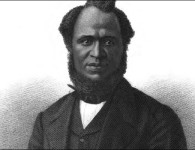
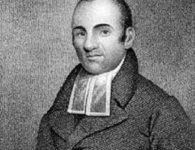
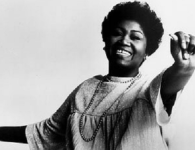


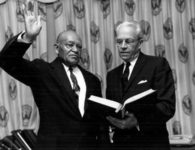
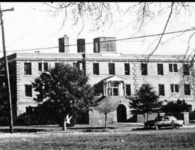
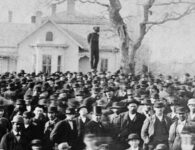
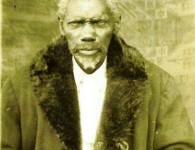
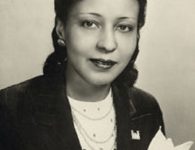

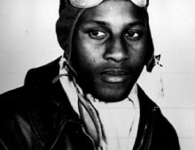
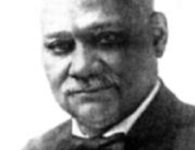

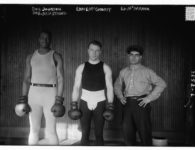

No comments